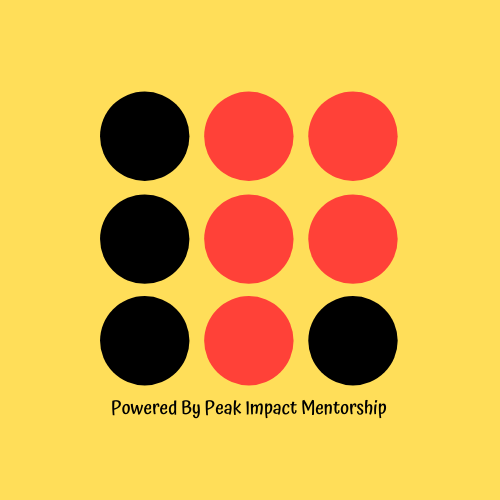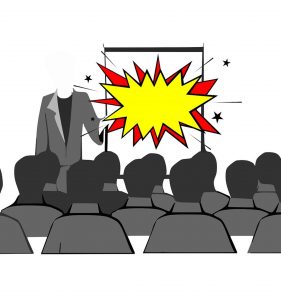“Learning is a treasure that will follow its owner everywhere. Always walk through life as if you have something new to learn and you will. Anyone who stops learning is old, whether at twenty or eighty. An investment in knowledge pays the best interest.”
We all know about the importance of Public speaking hacks, Preparation, Ask, Pause or Breathe.
However, it is much more important to know, when to hold back in public speaking.
Here are few examples, when to hold back in public speaking:
If you’re simply trying to show off:
We’ve all had the experience of sitting in a meeting or on a conference call that runs late, where everyone is trying to wrap up, and someone is still sticking to a topic the group had already moved on from 10 minutes ago. Right before you speak up, ask yourself why you are speaking. If you are speaking up just to show your knowledge or expertise, it’s better to let someone else talk or let the meeting run its natural way.
If you are trying to empower others on your team:
I had received feedback that I spoke up too much. Why was that a problem? My friend said, “You become a not needed support for others. We can’t fight with the question being asked because you jump in with the answer. Sometimes leadership is about letting others find their solution.” One year later, that comment has stayed with me and has deeply influenced my leadership style. In the meeting, let members of your team speak up to build their relationships of trust with your clients. Allowing others to speak in a meeting is one of the most powerful ways we can build their leadership skills, raise their visibility — both internally and externally — and give the client a broad sense of support from your whole team.
If your comment would be better left for a one-on-one conversation:
Senior executives consistently offer feedback on their direct reports in training programs by saying, “They need to learn when to leave something to a one-on-one conversation.” So many difficult conversations within an organization can be mitigated by talking privately to someone — in person whenever possible — rather than addressing the issue in a group where the person will feel defensive or embarrassing. This applies to email as well as spoken conversation. Before speaking up or hitting “reply all,” ask yourself, “Would this be better said privately?”
Speaking up in a meeting is one of the single most effective ways to raise your visibility and build a relationship of trust with your clients and colleagues. Practice it strategically every single day and you will have a powerful impact on your career and in your business.
“Continuous learning is the minimum requirement for success in any field”




